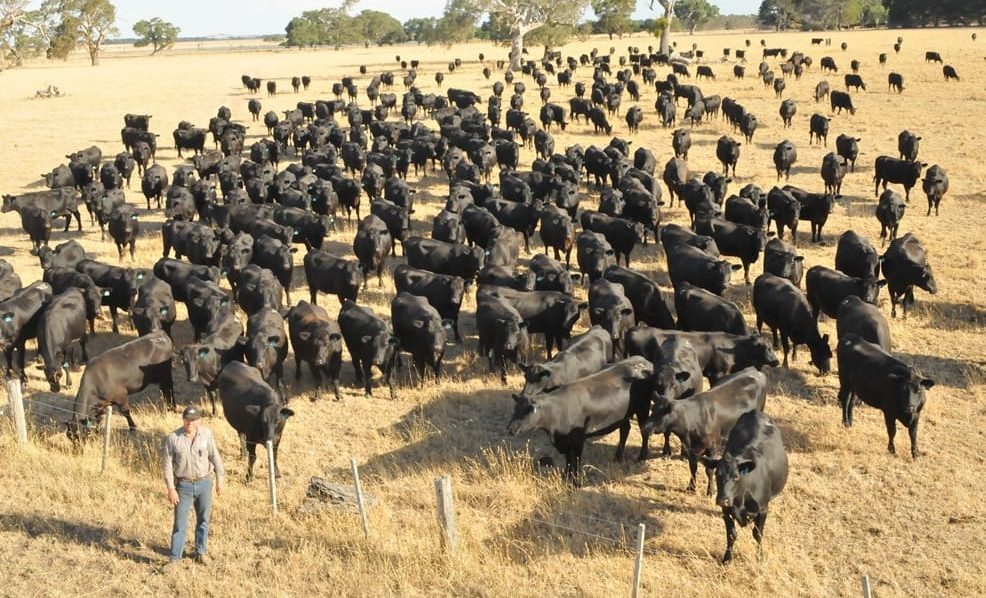Young Australians have highest rates of bowel cancer in the world

- by Admin
- December 13, 2024

The research conducted by the American Cancer Society and published in The Lancet compared bowel cancer rates in those aged under and over 50 in 50 countries worldwide.
Australia had the highest rate of early-onset bowel cancer, with 16.5 people diagnosed per 100,000 head of population each year.
This was followed by the United States at 15.2 diagnoses and New Zealand at 14.8.
While wealthy Western countries continue to top the charts, there has also been an uptick in bowel cancer rates in lower income countries in Latin America, Asia and the Caribbean.
Conversely, bowel cancer rates among the over 50s are actually falling in the majority of countries studied, including Australia.
Colorectal cancer is the third most diagnosed cancer and the second leading cause of cancer death worldwide.
Although highly treatable at the early stages, it often presents few symptoms until the cancer has spread.
There are around 1700 Australians diagnosed with early-onset bowel cancer each year.
Potential symptoms can include blood in stools, unexplained weight loss, abdominal pain, unexplained anaemia and a persistent change in bowel habits.

However, for those aged 45 to 49 the screening is on an opt-in basis, rather than automatically receiving a test in the mail.
The reasons behind the rise in bowel cancer in younger people remains uncertain.
The Lancet paper’s authors speculate that shifts in diet – including an increased consumption of red and processed meats, sugars and convenience foods – and increasingly physically inactive lifestyles in young people in high income countries could be driving the generational increase.
Conversely, increased awareness and national screening programs such as Australia’s could be helping to drive down rates of diagnosis in older people.
The Latest News
-
December 23, 2024Alex de Minaur makes Christmas Day pledge: ‘Never satisfied’
-
December 23, 2024News Corp. and Australia Telecom Company Telstra Agree to Sell Foxtel to Streaming Sports Platform DAZN in $2.1B Deal
-
December 23, 2024Alex de Minaur is coming off the ‘best year’ of his career… but he wants more in 2025
-
December 23, 2024Sorry, Charlie. Son of Tiger makes his first career ace, but Team Woods loses to Team Langer on first playoff hole – Australian Golf Digest
-
December 23, 2024DAZN ADVANCES GLOBAL EXPANSION WITH ACQUISITION OF FOXTEL, A LEADING AUSTRALIAN SPORTS AND ENTERTAINMENT MEDIA GROUP




